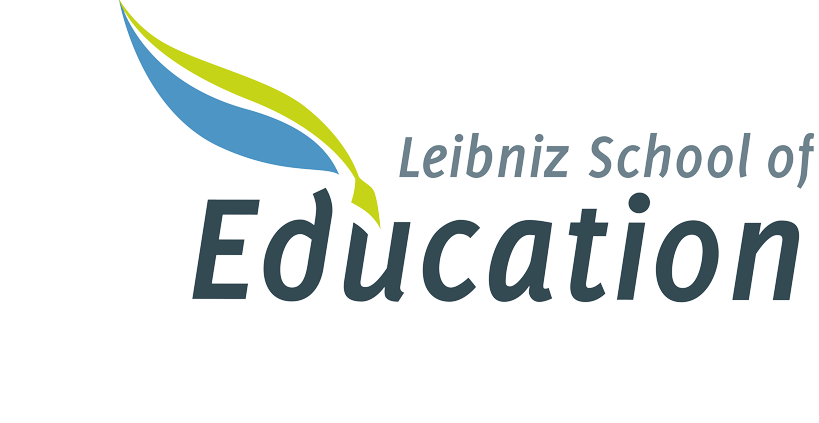Diversity as an Epistemic Value
Diversity as an Epistemic Value – From Individual to Social Objectivity‹
Abstract:
Scientific knowledge is considered to be the most objective knowledge because it satisfies the most demanding standards of justification and rationality. Science is understood as both the product of scientific practices and the totality of these practices. However, science is also a complex social system comprised of both competing and collaborating groups and individuals. Epistemology and philosophy of science have until the last few decades considered scientific objectivity to be a desirable and achievable goal of the individual researcher. Nowadays, both the desirability and especially the achievability of this goal have been challenged. Objectivity is impossible to achieve individually since scientific evidence is open to interpretation so individual and group values and biases necessarily enter the interpretative process. The only way to meaningfully pursue objectivity is on the community level, by mutual criticism exemplified, for example, through peer review practices.
Traditional individualistic understanding of objectivity has been contested by social epistemologists who focus on ways in which knowledge is acquired in groups, rather than individually. Feminist approaches in epistemology and philosophy of science have particularly advanced the view that scientific objectivity is and should be achieved through diversity and inclusion of multiple perspectives. Besides traditional epistemic values, i.e. values that promote the attainment of truth, such as accuracy, consistency, and coherence, the new understanding of epistemic values includes diversity as an indicator of critical scrutiny that is beneficial for the goal of attaining knowledge. In this new understanding values should be embraced and communicated rather than restricted from entering the research process because they have an important critical role in the community-based search for knowledge. In the talk I will sketch this historical development, illustrate it with paradigmatic examples, and conclude with some contemporary problems and possible answers.
Referent/Referentin
Daria Jadreškić (Universität Hannover, Institut für Philosophie)
Daria Jadreškić studied Philosophy and History at the University of Rijeka in Croatia and has been a member of the DFG research training group ›Integrating Ethics and Epistemology of Scientific Research‹ in Hannover since October 2016. Her research interests include general philosophy of science, values in science, social epistemology, and philosophy of medicine.
Veranstalter
Projekt LeibnizWerkstatt
Termin
15. Jan. 202016:00 - 18:00
Kontakt
Radhika NatarajanLeibniz School of Education
Lange Laube 32
30159 Hannover
radhika.natarajan@lehrerbildung.uni-hannover.de
Ort
Conti HochhausGeb.: 1502
Raum: 103
Königsworther Platz 1
30167 Hannover


